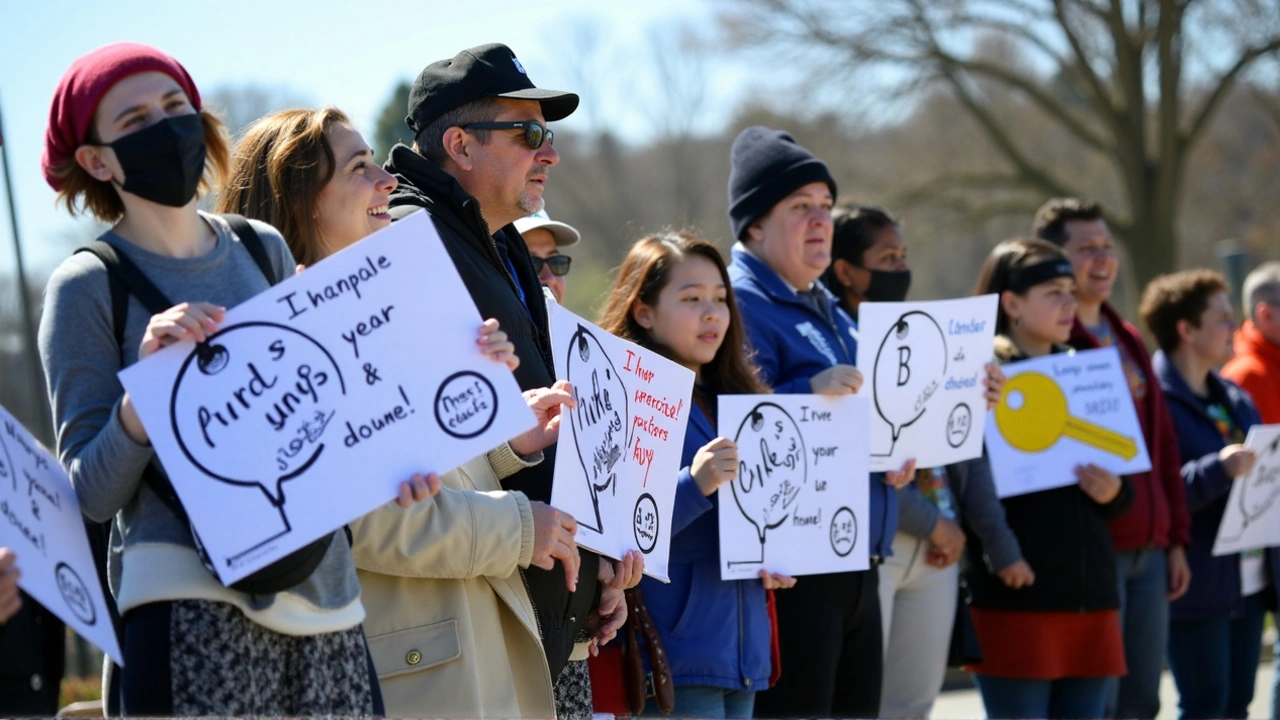Pilot Housing Program: What It Is and How to Join
Need affordable, temporary, or tested housing solutions? A pilot housing program is a short-term project that tests new ways to deliver homes before a full rollout. These pilots try out designs, funding models, locations, or services so officials and communities can see what works. If you're a resident, local leader, developer, or non-profit, knowing how pilots run helps you make better decisions fast.
What a pilot housing program actually does
Pilots test one idea at a smaller scale. That could mean 20 modular units near a railway, a rent-subsidy scheme for 100 households, or a mixed-services block with health and job help on site. The point is to learn: which designs save money, which support tenants best, and which logistics cause problems. Pilots collect data on cost, resident satisfaction, maintenance needs, and timelines. That data shapes policy and funding when programs scale up.
Pilots also limit risks. Rather than spending millions immediately, cities try a smaller version, fix issues, then expand. For residents, pilots can mean faster access to housing, but sometimes temporary rules or shorter leases. If you join, ask how long the pilot lasts and what happens after it ends.
How to find, apply, or start a pilot
Want to join an existing pilot? Check local government housing pages, community boards, and social media from housing NGOs. Look for calls that list eligibility, documents needed, and deadlines. Common criteria include income brackets, family size, work status, or priority for vulnerable groups. Applications often need ID, proof of income, references, and a short statement explaining need.
If you represent a council, developer, or charity thinking of starting a pilot, begin with a clear goal and a simple evaluation plan. Pilot projects work best when they define success metrics up front: cost per unit, time to occupancy, tenant retention, or service uptake. Partner with local agencies for referrals and with universities or evaluators to collect unbiased data. Build a communication plan so residents know timelines and rights.
Watch out for common problems: unclear exit plans for tenants, under-budgeted maintenance, or poor community engagement. Fix those early by setting transparent lease terms, reserving funds for upkeep, and involving neighbors in planning. Use short surveys, site visits, and basic performance dashboards to track progress. Share findings publicly so successful pilots attract funding faster.
Pilot housing programs are practical tools to test ideas and speed up housing delivery without big upfront risk. Whether you want to apply, partner, or launch one, focus on clear goals, fair rules for residents, and solid data collection. Got a specific city or idea in mind? Tell me where and I’ll map out the next steps you can take this week.
- October 8, 2024
- Comments 14
- Business

